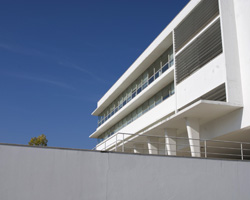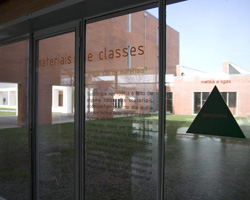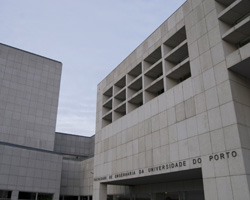Curricular Unit
Advanced Physics Topics 1
Module
Dark Energy, Dark Matter & Gravity (DEDMG)
Type
Lecture course
Contact hours
18
Professor/Researcher in charge
Orfeu Bertolami & Jorge Páramos, U. Porto
Summary of Contents
Recent observational evidence arising from the cosmic microwave background radiation (CMB), from type Ia supernovae (SNe-Ia), from baryon acoustic oscillations (BAO), etc, indicate that the expansion of the Universe is accelerating, and that matter that can be observed through the electromagnetic radiation cannot account for the formation of galaxies, cluster and superclusters of galaxies. These observations suggest that, on large scales, the dynamics of the Universe is dominated by a smooth uniformly distributed form of energy, dark energy, and that structure formation requires a substantial amount of a new form of matter, dark matter. The nature and the characterization of these dark components are central issues in contemporary cosmology. Of course, a relevant related question is whether the observations can be accounted by alternative theories of gravity. Thus, in these lectures, observational and theoretical ideas and proposals to unravel these open questions will be discussed.
Evaluation
Essay and oral presentation; Final grading= 0.25 grading of presentation + 0.75 grading of an essay
References
Dynamics of dark energy
E.
Copeland, M. Sami, S. Tsujikawa. Mar 2006 - 84 pages
Int.J.Mod.Phys.
D15 (2006) 1753-1936
DOI: 10.1142/S021827180600942X
e-Print:
hep-th/0603057
Astrophysical and cosmological probes of dark
matter
M. Roos. Aug 2012. 39 pp.
e-Print: arXiv:1208.3662
[astro-ph.CO]
Dark Matter: The evidence from astronomy,
astrophysics and cosmology , Matts Roos. Jan 2010. 25 pp.
e-Print: arXiv:1001.0316 [astro-ph.CO]






